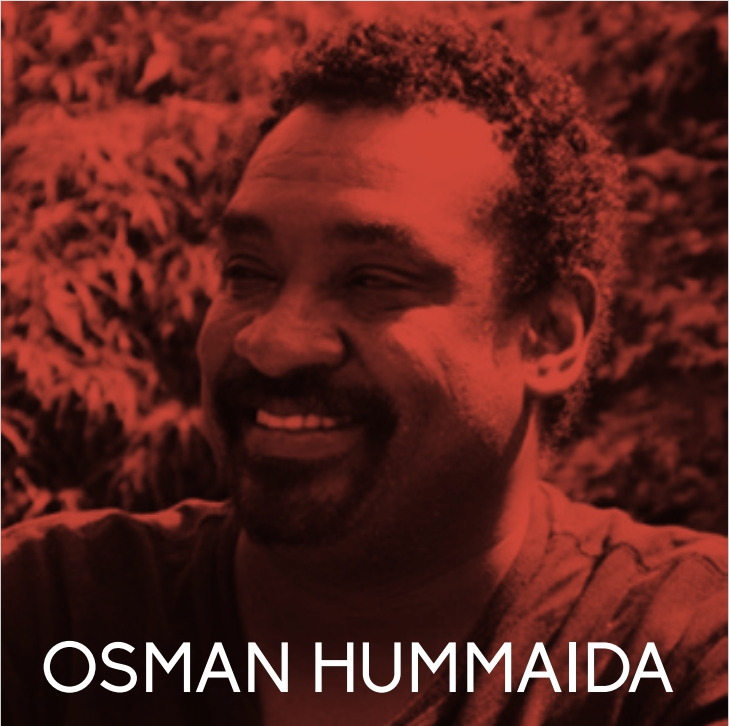The University of York (UK) has begun a new Part-time Distance Learning Programme delivered wholly online designed for human rights defenders and related practitioners called Defending Human Rights. It offers online teaching by tutors and guest speakers with practical experience. The programme offers three modules for effective human rights work under challenging circumstances.
These are:
1. International Human Rights Law and Advocacy
2. Working Safely: Managing Risk and Strengthening Protection
3. Effective Programming from Funding to Evaluation
From 7th January to 15 th March 2013, the module on Managing Risk and Strengthening Protection featured EHAHRDP Executive Director, Mr. Hassan Shire as a guest speaker. Here is an extract from the text of the conversation highlighting some interesting and useful information:
Module Convenor:
Tell us about why you set up the East and Horn of Africa Human Rights Defenders Project in 2005. What motivated you to do this? What did you want to achieve?
Hassan Shire:
I have always had a passion for human rights. I joined and continue to be a member of the Global Civil Society Movement led by Amnesty International. All along in my human rights work in Somalia, I advocated for an end to the culture of impunity. I participated in the human security panel as a representative of African HRDs where a resolution was adopted calling on the world leaders to give both diplomatic and financial support to HRDs in-country and while in exile. The recommendations were followed by Amnesty International-Canada section and York University, Canada, which set up and accommodated the African Human Rights Defenders Project (AHRDP) to be hosted by the university. EHAHRDP was created in 2005 as a result of a research study carried out by the AHRDP on the needs and challenges of HRDs in the sub-region of the East and Horn of Africa.
The importance of working together to reduce risks involved in our work as HRDs is at the heart of the work of EHAHRD-Net. EHAHRDP has actively promoted the development of networks and national coalitions of HRDs at national level in Burundi, Kenya, Tanzania, Rwanda and South Sudan to reinforce the work of the regional network. The coalitions have proven to be an effective mechanism to remedy the condition of insufficient collaboration on the needs of defenders themselves.
EHAHRDP does not directly provide financial support to national coalitions as we are not a grant-making organisation. We however
work with the national coalitions to ensure that they develop a strategic plan and act as a reference for national coalitions when they are making grant applications. We also work with the coalitions to ensure that the secretariat staff acquire fundraising skills, financial management and donor relation skills as well as develop a fundraising strategy which can enable them get grants to implement their programs.
Mapping our stakeholders is very important in the fight against impunity, to determine which actors have influence over those institutions that are not working. For example, the EU embassies have obligations to support HRDs under the EU Guidelines on HRDs and often they also have influence on governments in the countries where they are present so that influence might be useful for HRDs.

